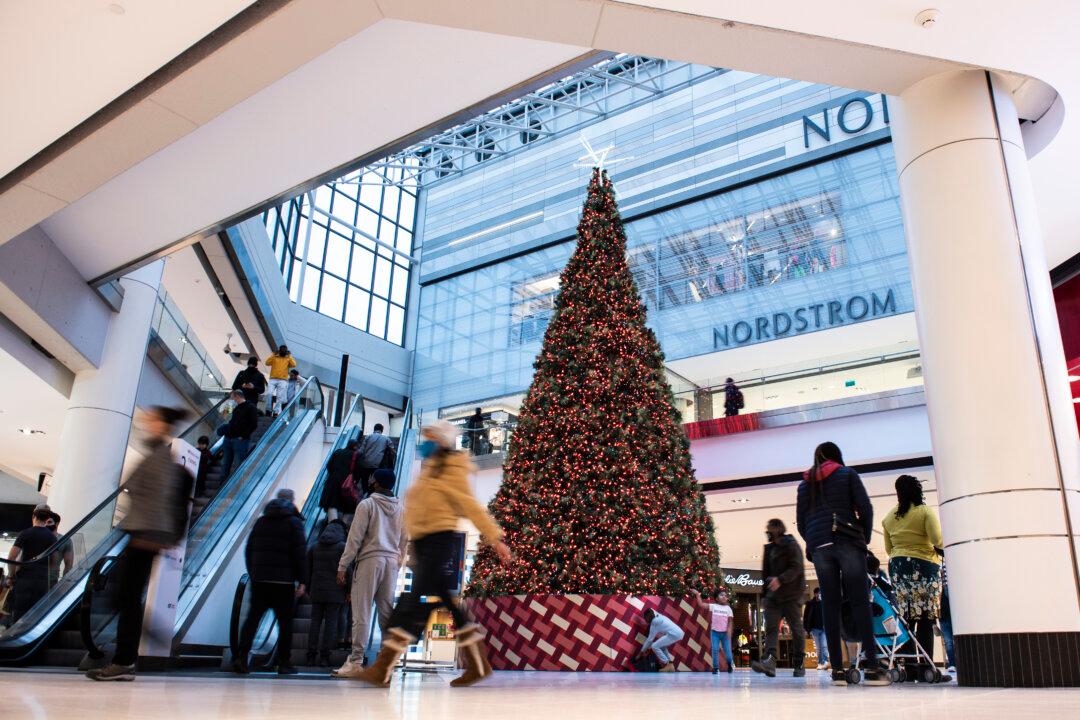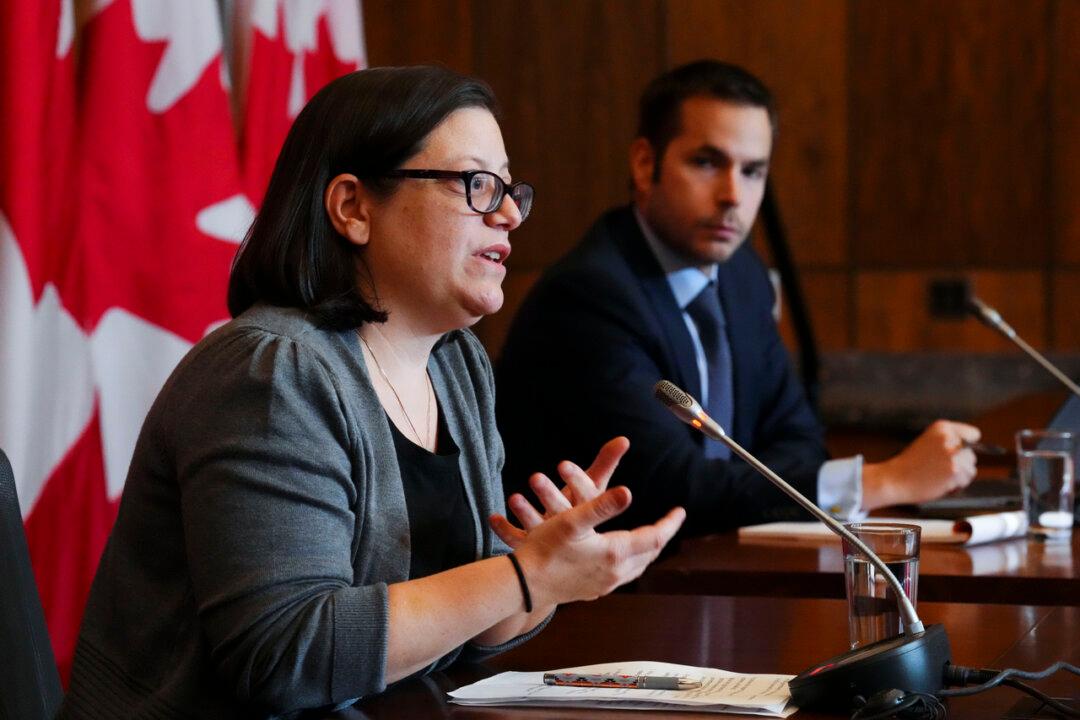Canadians expect the economy to worsen in 2023 and plan to spend less this holiday season, according to a new poll.
The survey by Deloitte, a consulting, financial, and risk advisory firm, says Canadians are “skeptical, concerned, and craving attention” coming into the first Christmas season without any lockdowns or restrictions in a couple of years.





